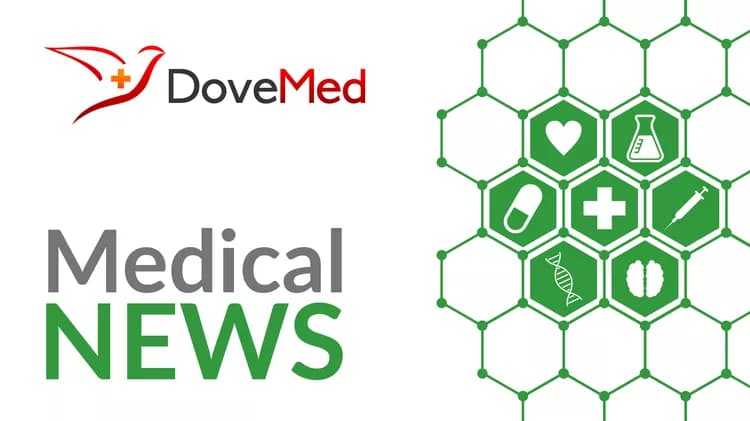
New Research Casts Doubt On Claims That People Have ‘Rose-Tinted Glasses’
A new study casts doubt over claims that people are 'optimistically biased' about the future, a tendency that is thought to contribute to financial crises, people's failure to look after their health, or inaction over climate change.For decades scientists have believed that people have an 'irrational optimism bias' -- they look too much to the bright side and underestimate their chances of negative experiences. while overestimating their chances of positive events.This over-optimistic tendency is taken into account by the UK government when planning large infrastructure projects.
However, a new study by researchers at the University of Bath, UCL, and Birkbeck, University of London, demonstrates flaws in research supporting the existence of optimism bias. According to the authors, prior studies have generated 'false positives' -- data patterns that look like people are being over-optimistic, where no such bias exists.
The researchers conducted several experiments using a methodology that has been widely accepted in past optimism research. This methodology -- known as 'the update method' -- has participants estimate their chance of experiencing a life event and then re-estimate it after being provided with the average person's actual chance of experiencing the event.
Typically, this has been done with negative life events, like contracting a disease or getting a divorce -- bad news cases that would elicit a strong emotional response.
In this new study, published this week in the journal Cognition, the researchers tested the same 'update method' but removed the emotional element, using neutral examples such as participants estimating the chances of the next passing car being the colour black.
Despite changing the examples and removing the emotional elements, the same optimistic pattern was observed, leading researchers to challenge the validity of the methods using in research claiming to prove optimism bias.
Lead researcher, Jason Burton, from Birkbeck said: "Our experiments show that the method commonly used to evidence such optimism is flawed, giving rise to 'optimistic' belief updating where optimism is not possible. This is not to say that optimism bias cannot exist in the real world, but that new improved methods are needed. Essentially, current methods return false positives."
Co-researcher Punit Shah, Associate Professor from Bath's department of Psychology said: "There is of course evidence for optimism in certain situations, but that is not to say that humans are generally optimistic. Researchers and policy makers have made careers based on the idea of optimism bias, but it is time to reconsider evidence for this psychological phenomenon."
"Optimism bias is continually being used to guide large government projects, seemingly to manage projections about the time and financial costs of project. Our latest research, building on our previous research, supports a re-examination of optimism bias before it guides policy any further."
The research was supported by the Alexander von Humboldt Foundation's Anneliese Maier Research Award to Ulrike Hahn.
Related Articles
Test Your Knowledge
Asked by users
Related Centers
Related Specialties
Related Physicians
Related Procedures
Related Resources
Join DoveHubs
and connect with fellow professionals

0 Comments
Please log in to post a comment.